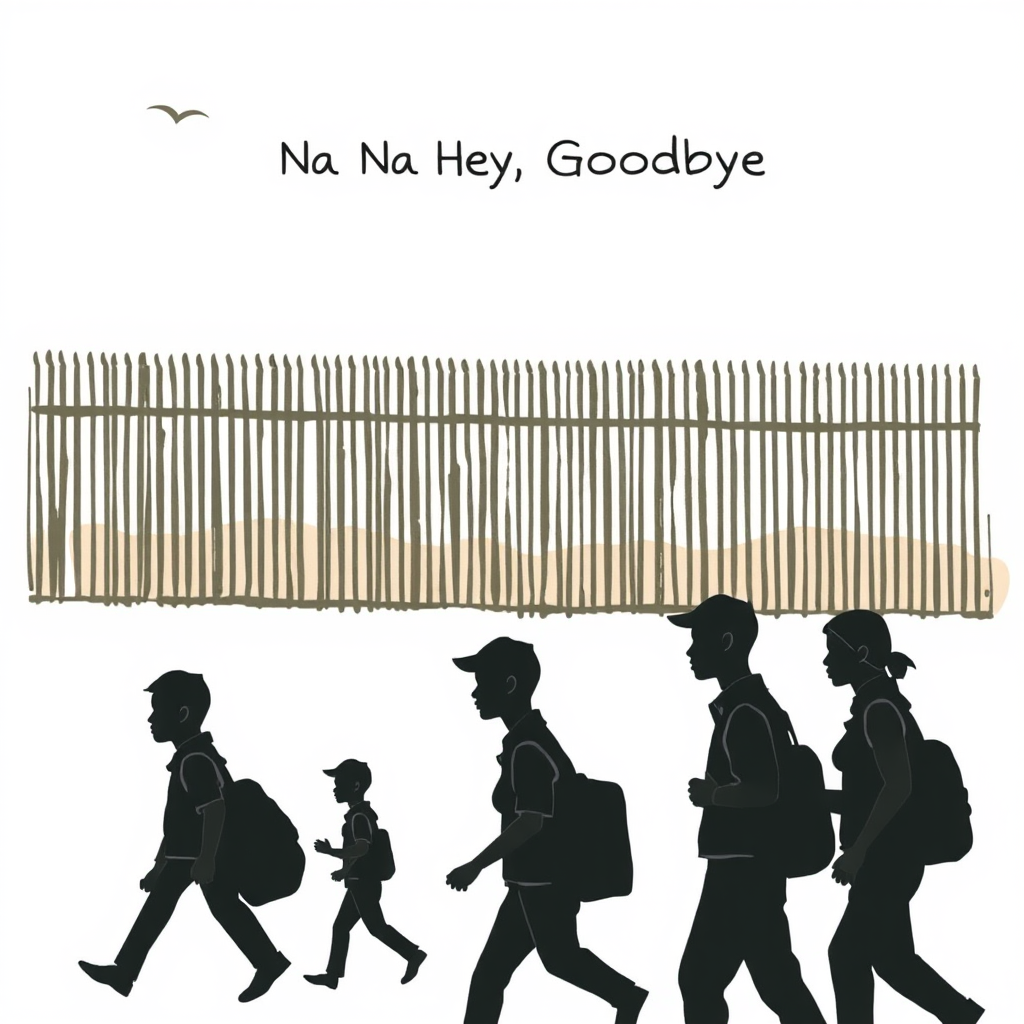White House Deportation Video Sparks Outrage Online

A White House video depicting the deportation of immigrants, set to the upbeat tune of Bananarama’s 1983 hit “Na Na Hey Hey (Kiss Him Goodbye),” has ignited widespread condemnation online. Posted to the official White House account on X (formerly Twitter), the footage shows detained migrants being processed for deportation, accompanied by a caption echoing the song’s lyrics: “Na na na na, na na na na, hey hey, goodbye.”
The celebratory tone of the post has drawn fierce criticism, with many accusing the administration of deliberately dehumanizing vulnerable individuals. Social media users have flooded the platform with expressions of outrage, labeling the video “ghoulish,” “sociopathic,” and “disgusting.” One user wrote, “This isn’t policy. This is state-sponsored dehumanisation – with a soundtrack. Weaponising suffering… Celebrating cruelty like it’s a game show.”
The White House defends the video by highlighting a significant decrease in illegal immigration at the southern border. According to an official statement, US Border Patrol encountered 7,181 immigrants in March, a 95% decrease compared to the 137,473 encountered in March 2024 under the previous administration, and even larger decreases from 2023 and 2022.
However, the use of a pop song to accompany images of deportation raises serious ethical questions. While the administration may point to declining border numbers, framing the issue as a celebratory “goodbye” diminishes the human cost of these policies and risks normalizing cruelty. This isn’t simply a matter of policy; it’s a matter of basic human dignity.
This is not an isolated incident. Last month, a similar video featuring Semisonic’s “Closing Time” also sparked controversy, with the band stating the White House used the song without permission and misinterpreted its meaning. The repeated use of popular music in this context appears to be a deliberate attempt to sanitize a deeply sensitive and complex issue, and it’s a tactic that ultimately undermines the principles of compassionate governance. The focus should be on humane border management and respectful treatment of all individuals, regardless of their immigration status, not on crafting viral moments that trivialize human suffering.